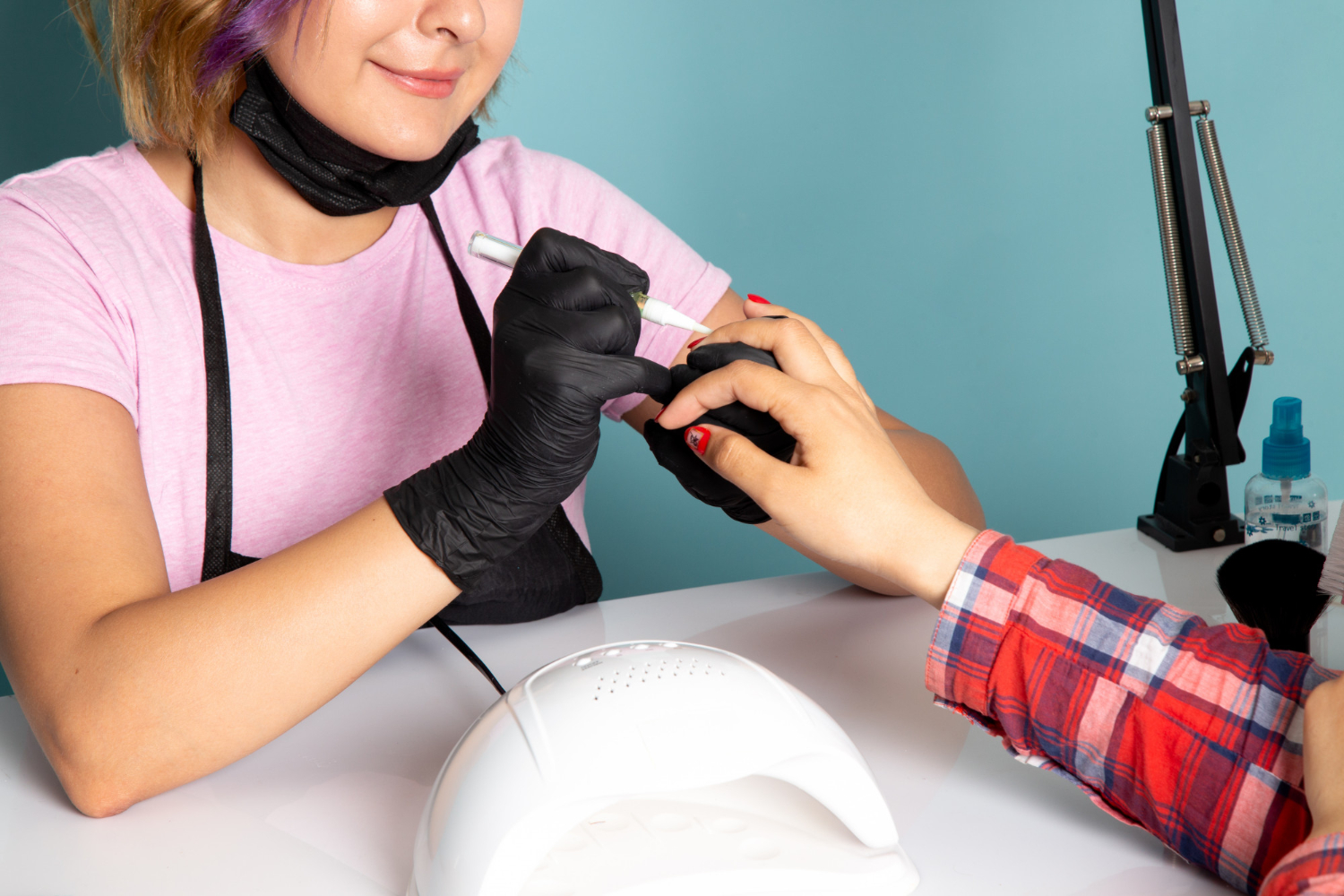
Proper wound care is essential for promoting healing and preventing infections. Here’s a comprehensive guide on how to perform wound care effectively.
Initial Assessment and Preparation
Evaluate the Wound
The first step in wound care is to assess the wound. Determine the wound type, size, depth, and the presence of any debris or foreign objects. This helps in deciding the appropriate treatment and care.
Gather Necessary Supplies
Before starting the wound care process, gather all necessary supplies. These may include:
- Sterile gloves
- Antiseptic solution or saline
- Sterile gauze pads
- Adhesive bandages or medical tape
- Antibiotic ointment
- Scissors and tweezers
- A clean cloth or towel
Cleaning the Wound
Wash Your Hands
Thoroughly wash your hands with soap and water before touching the wound to prevent infection.
Rinse the Wound
Use clean running water or a saline solution to gently rinse the wound. This helps remove dirt, debris, and bacteria from the wound area. Avoid using hydrogen peroxide or iodine, as these can damage healthy tissue.
Apply Antiseptic
After rinsing, apply an antiseptic solution to the wound to disinfect it. Use a clean gauze pad to gently dab the solution onto the wound. Allow it to dry before proceeding to the next step.
Dressing the Wound
Apply Antibiotic Ointment
Applying a thin layer of antibiotic ointment can help prevent infection and keep the wound moist, promoting faster healing.
Cover the Wound
Place a sterile gauze pad or adhesive bandage over the wound. Ensure the dressing is large enough to cover the entire wound and its surrounding area. For larger wounds, use medical tape to secure the gauze pad in place.
Change the Dressing Regularly
Change the wound dressing at least once a day or whenever it becomes wet or dirty. Regular dressing changes help keep the wound clean and reduce the risk of infection.
Monitoring and Follow-Up Care
Observe for Signs of Infection
Monitor the wound daily for signs of infection, such as increased redness, swelling, warmth, pus, or an unpleasant odor. If any of these symptoms occur, seek medical attention promptly.
Maintain Proper Nutrition
Proper nutrition is crucial for wound healing. Ensure a diet rich in proteins, vitamins (especially vitamin C and zinc), and adequate hydration to support the body’s healing process.
Avoid Stress on the Wound
Protect the wound from further injury or stress. Avoid activities that could cause the wound to reopen or worsen.
Pain Management
If the wound is causing pain, over-the-counter pain relievers like ibuprofen or acetaminophen can be taken as needed. Follow the instructions on the packaging and consult with a healthcare professional if you have any concerns.
Special Considerations for Different Types of Wounds
Cuts and Scrapes
For minor cuts and scrapes, cleaning the wound thoroughly and applying a simple adhesive bandage is usually sufficient. Keep the wound dry and change the bandage daily.
Puncture Wounds
Puncture wounds, such as those caused by nails or sharp objects, require special care. Ensure that the wound is thoroughly cleaned and seek medical attention, as these wounds have a higher risk of infection.
Burns
For minor burns, cool the burn with running water for several minutes. Apply an antibiotic ointment and cover with a sterile non-stick dressing. Seek medical attention for more severe burns.
Surgical Wounds
Follow your healthcare provider’s instructions for caring for surgical wounds. Keep the wound clean and dry, and avoid strenuous activities that could affect the healing process.
Conclusion
Proper wound care is essential for promoting healing and preventing infections. By following these steps, you can ensure that wounds are treated effectively, reducing the risk of complications. Always seek medical advice if you are unsure about the severity of a wound or if signs of infection develop. With the right care and attention, most wounds will heal efficiently and without complications.
If you want to purchase wound care products, Medicamix provides the best options for you. Visit the Medicamix wound care page to explore our products.



